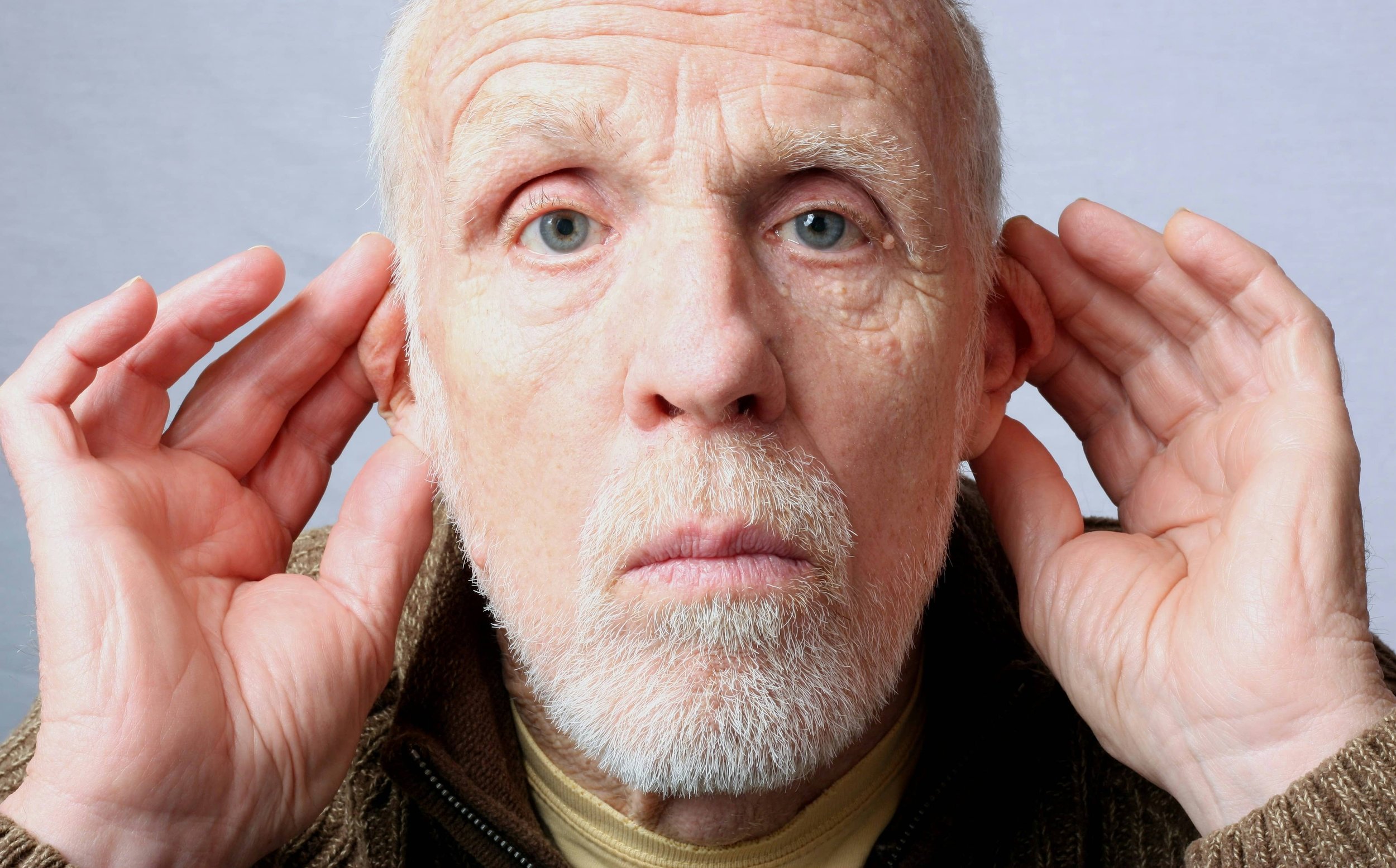Did you know that hearing impairment is a common symptom after sustaining a concussion? Many people are aware of post-concussive symptoms such as headaches, dizziness, or memory loss, but are less familiar with the possibility of hearing impairment. Some people experience hearing loss while others may experience symptoms such as difficulty processing auditory information, ringing in the ears, or sensitivity to noise. It varies significantly by person, but these symptoms can sometimes have a profound effect on your life.
You might be surprised to learn that even mild hearing impairment can impact a person’s life and daily functioning. In fact, research shows that even mild hearing impairment is associated with a faster rate of cognitive decline as well as an increased risk of dementia. In this blog, we’re going to discuss several examples of different areas of cognition that are directly impacted by a hearing impairment in addition to some tips to help you alleviate these challenges.
First, it is important to mention that if you are concerned that your hearing has changed in any way since your concussion, it will benefit you to:
Make an appointment with a certified audiologist for a hearing evaluation.
Follow the audiologist’s recommendations. There are many treatment options such as amplification technology (e.g., hearing aids, amplified telephones) or aural rehabilitation that may include auditory training, counseling, or learning strategies to help you hear better in situations you have more trouble.
Now, here’s where we dive into some of the specific areas of cognition that are often affected:
Hearing impairment can directly impact your ability to pay attention and concentrate on information you are listening to. This is because your brain has to work extra hard to decode and understand the information. This may cause you to experience cognitive overload and fatigue, both of which make it difficult to pay attention.
So, what are a few ways you can improve your attention in these situations?
Modify your environment by reducing background noise or moving into a less distracting location
Sit or stand near the speaker
Consider using amplification technology (e.g., conference microphones, amplified telephone)
Hearing impairment can impact your memory. When our patients have trouble staying focused while listening, they often experience difficulty remembering the information they hear. This is because attention is a foundational skill that is necessary for the formation of memories. And, when concentrating and listening become so effortful, people often experience decreased memory.
So, what are some things you can do to improve your memory?
Continue to practice and master the attention strategies mentioned above
Ask people to repeat what they said
Take a moment to stop and briefly summarize what you heard in your own words
Take notes that you can refer to later
Hearing impairment can impact your ability to engage in effective communication with others. As you can imagine, if you have trouble paying attention or remembering details you hear, it will be difficult to follow along during conversations, especially when there are multiple people speaking. You might even feel like other people are mumbling because it is difficult to understand them. If you miss important details, this can easily lead to a miscommunication. And, after socializing, you may feel cognitively exhausted because of all the extra effort you used to listen and stay engaged.
What types of strategies can help you improve your communication in these situations?
Face the person you’re talking to so you can use both auditory and visual cues (reading lips) to help with understanding.
Advocate for yourself ahead of time. Let people know about your hearing impairment. Ask them to speak a little louder, slower, and only one person at a time.
Ask questions to clarify that you understood.
By addressing your hearing impairment with a full audiological evaluation and following through with the recommendations for treatment, you can improve your ability to concentrate, remember the details, communicate effectively with others, and your overall quality of life.
And, if you are having any difficulty implementing the strategies outlined above or are looking for additional cognitive support, the licensed cognitive therapists at the Colorado Concussion Clinic are here to support you!
- Mari Gottlieb, MA CCC-SLP


